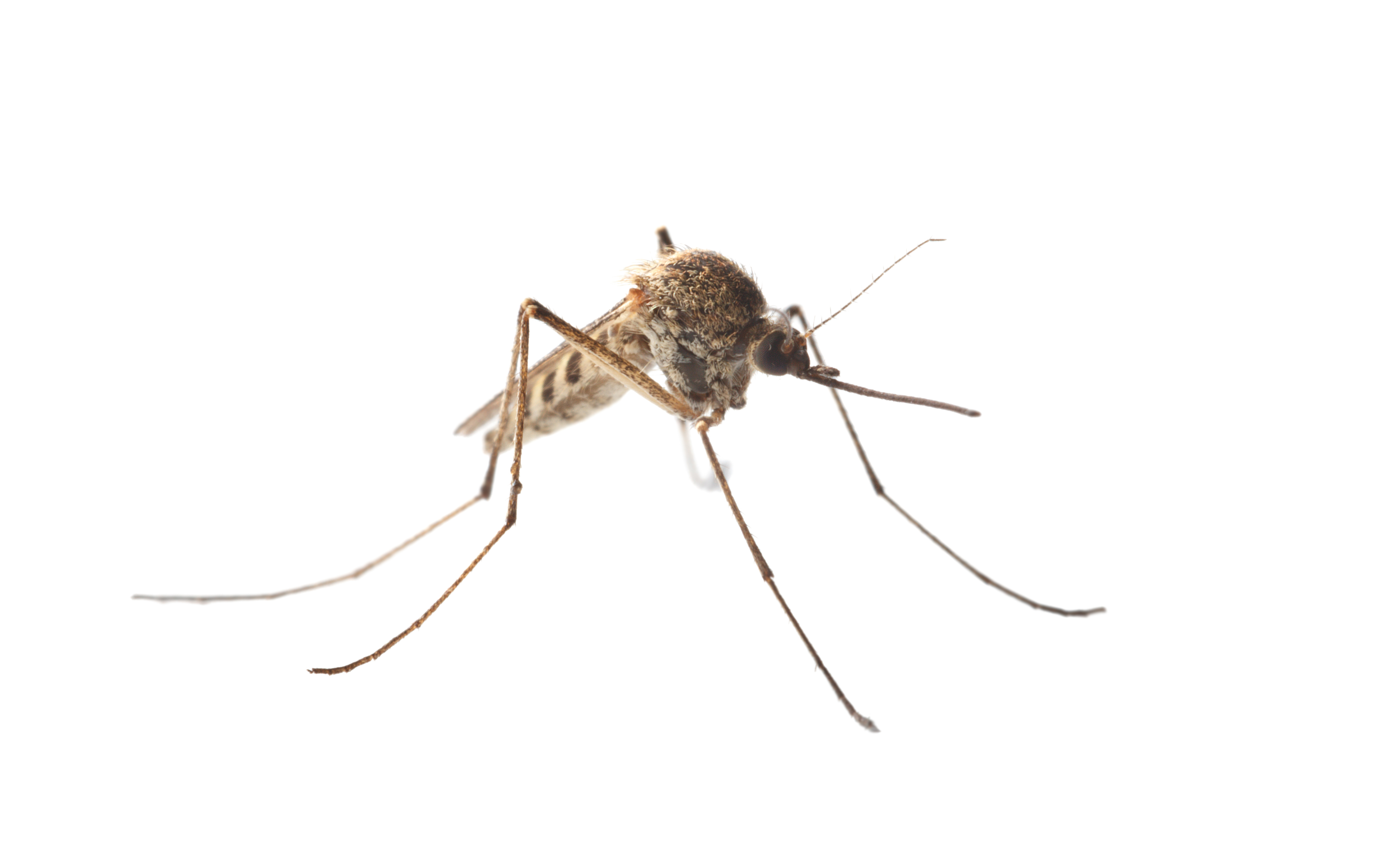St. Louis Encephalitis Virus Found in Larimer County Mosquito Pool
The Larimer County Department of Health and Environment is informing the community that the St. Louis encephalitis virus has been identified in a single mosquito pool in northeast Fort Collins. This is the first time the virus has been found in a mosquito pool in Larimer County. No human cases have been reported in Larimer County and the risk of contracting the virus is extremely low in Colorado.
The St. Louis encephalitis virus is transmitted by infected Culex mosquitoes. Symptoms include fever, headache, nausea, vomiting, and tiredness. There is no vaccine or treatment, and in rare cases, it can lead to long-term disability or death.
Gregory D. Ebel, Sc.D. is a professor with the Department of Microbiology, Immunology, and Pathology and the Director of the Center for Vector-Borne Infectious Diseases with the College of Veterinary Medicine and Biomedical Sciences at Colorado State University. Ebel’s laboratory discovered the St. Louis encephalitis virus during the routine testing of mosquitoes in Larimer County for West Nile virus, which is similar to St. Louis encephalitis virus.
"While we regularly test for West Nile virus, this discovery of St. Louis encephalitis virus in our local mosquito population is a significant finding and highlights the importance of continued surveillance and public awareness regarding mosquito-borne illnesses,” says Ebel.
Human cases of St. Louis encephalitis virus have occurred in the United States, especially in the eastern and central states, with recent cases in the southwest. Infections typically arise in late summer or early fall, though they can occur year-round in the southern states.
Roxanne Connelly, Ph.D, MS, Lead Entomologist with the Arboviral Diseases Branch at the Centers for Disease Control and Prevention (CDC), says, “It is not unusual to see reports of mosquitoes in the western United States testing positive for St. Louis encephalitis virus. While this is Fort Collins’ first detection, the city—and state as a whole—has a long history with Culex mosquitoes since they can also spread other viruses like West Nile. This detection underscores the importance of continued partnership in mosquito surveillance so we can identify early signals and take quick action to protect against mosquito-borne viruses.”
“While the 2025 mosquito season is winding down in Larimer County due to cooler evening temperatures, it is important that residents and visitors have awareness that this virus is in our area and continue to take steps to prevent mosquito bites both now and in the future, " says Tom Gonzales, Larimer County Public Health Director. "We are fortunate to have robust collaborations with CSU and the CDC for mosquito testing, which serves as a crucial early warning system for our community."
Mosquitoes are most active during dawn and dusk. To protect yourself from mosquito bites, the Larimer County Department of Health and Environment recommends that you use an EPA-registered insect repellent, wear long-sleeved shirts and long pants, and drain standing water around your home.
You can learn more about St. Louis encephalitis virus by visiting the CDC website at www.cdc.gov/sle. CDC data can be found here: https://www.cdc.gov/sle/data-maps/historic-data.html

